I’d say that Warcraft is one of the most important series of games on PC, up there with Ultima, Civilization, Wing Commander and Leisure Suit Larry (just kidding). It’s particularly noteworthy since it’s been active, in one form or another, since 1994.
Warcraft started as an early realtime strategy, taking ideas from Dune 2 and swapping soldiers and tanks for orcs and knights. From here the games evolved and advanced over the course of two more strategy titles. Warcraft 2 was similar to the first but more refined. The third game brought in powerful hero units, lending a few RPG dynamics to the proceedings, also brought 3D graphics to the series.
Then Warcraft made the transition to MMORPG, and would become into one of the most famous and successful examples of its type. 15 (!) years on, WoW is not quite so dominant as in its glory days, but still going reasonably strong, having released its eighth expansion.
Along the way the setting grew from a simple tale of a single war, into a sprawling fantasy mythology. Within the world of Azeroth, many stories have now been told. There are numerous cultures, from doughty dwarves to vengeful blood elves, each of which the narrative has explored in detail. We have come to know countless characters, from noble heroes to the morally ambiguous, to bringers of ruin. We’ve seen both the continuing conflict between alliance and horde, and deadly new enemies emerge.
I will admit I never got on with the first game, but I recall gleefully sending in marauding trolls to smash up alliance cities in Warcraft 2. The later instalments tjem provided me with countless hours entertainment and many memories. Perhaps the personal highlight of Warcraft 3 was the idealistic young Thrall seeking a new home for his orcish people, after their years of slavery to the burning legion. Then in WoW – a game I freely admit consumed too much of my life, I’ll never forget discovering the ancient splendour of Ulduar, amidst the frigid mountains of Northrend. Or just goofing around Hillsbrad waiting for Alliance players to try attacking Tarren Mill.
The series deserves a proper, rather lengthier essay to discuss its significance, but I’m a Dad Gamer now. That means I grab what scraps of time I can to both play and write. So you’ll have to make do with this brief doffing of my cap for now. I was actually writing primarily just to remark that, with the addition of the first games to gog, the entire series is now available on digitial distribution. In fact a couple of installations have now benefitted from a bit of sprucing up. Here’s the rundown:
Warcraft: Orcs and Humans going for £4.59 on gog.com. As far as I can tell the game is untouched from its original state, so it’s a real trip back to the early days of RTS. The VGA graphics are fine by me, I was less keen on the clunky interface. Still, I plan on having another try in the near future.
Note that, like the title says, this really is just orcs and humans; the other races having not yet been created (I suppose we now have to retcon them into just sitting the war out. Goddamn lazy elves).
Warcraft 2: Tides of Darkness – this is where the series starts to feel more recognisably like its current self. The two sides become coalitions of races, with the Human led alliance gaining elves and dwarves and the orcish horde joined by goblins and ogres. For an extra dimension to the combat it also adds naval units; oddly these didn’t make it to the next game.
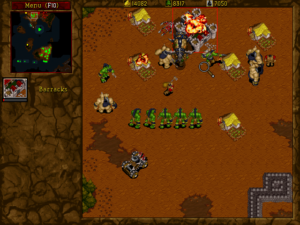
On a practical note, it benefits from a more efficient interface, making it quicker to carry out basic operations like grouping up some soldiers and sending them into battle.
Also available on gog.com for £7.69, and for your money you get two versions of the game. You can play it with original 640×480 graphics, and if multiplayer is your thing (not mine at all) you can still connect to the battle.net servers. Which is kind of amazing when you think about it. Alternatively there’s a version with upscaled graphics more suited to your big modern monitor, however multiplayer here is limited to LAN.
Warcraft III: Reign of Chaos – one of the greatest RTS games of its time. The hero units are the key feature; they gain experience, level up, and can be equipped with magical artefacts to boost their power. Each has unique abilities; some are straight up brawlers, others take a more supporting role. Using them effectively can turn the tide of battle even when outnumbered.
This isn’t really a game of battles between massive armies. Instead WC3 tends towards a tighter focus on smaller scale warfare. The heroes are at the focus, making it all a more personal business, leading a retinue of up to maybe a couple of dozen units.
Maps are dotted with extra details such as side-quests, and threats unrelated to the level’s main enemy. There might be a centaur encampment menacing a village, or a dragon lurking in a cave. Dealing with these secondary goals objectives brings extra rewards, and a chance to gain some experience for your hero.
The game features some excellent campaigns, that are both full of varied missions, and driven by the strong narrative. It also introduces some heroes who would later be main characters in World of Warcraft, like Thrall and Jaina Proudmore. In fact it basically puts the world in the state we saw it when WoW first launched.
Blizzard have recently released the “reforged” version of this game; you can get it from battle.net for £24.99. It features improved, highly detailed graphics and animation. Also, the custscenes have been reworked. I’ve seen a questions raised as to whether it’s worth the price tag if you already own WC3; I’ve not played it myself so will withold judgement for now. Otherwise I’d say WC3 is essential to own, in one form or another for any RTS fan. Or even if you’ve not played that sort of game but love WoW, give it a try. The first couple of campaigns aren’t too tough.
World of Warcraft Classic – A return to what fans call “Vanilla” WoW. This is the game as it was originally, before 15 years of refinement, evolution and new content. I wasn’t around for this myself but I did play the first expansion, at a time when a lot of the original gameplay mechanics still were in place. Also the vanilla regions were still used for levelling up. So I reckon I have at least some idea of what the first days were like.
It was, perhaps a more frustrating time. I’m shuddering at the thought of spending an hour killing about a billion centaurs just to try and get 10 centaur hats to finish one damn quest. Or the endless grind of crafting skills, or the ridiculously convoluted system of hunter pet abilities.
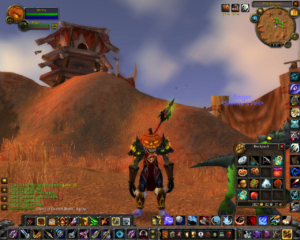
Yet it was also a time with a much stronger sense of community. To run dungeons and raids (co-operative play that provides much shiny loot, but requires players to work together as a team) you were encouraged to get to know people, and ideally join guilds. Nowadays it’s all a bit anonymous with automated grouping functions and far more casual single-player content. We also felt a bit more of a sense of achievement back then when we got high-end gear; you had to work harder for it.
The world is bigger now, with more than double the zones to quest in. Yet it also somehow feels smaller when you zoom overhead at 200mph on your magic glowing dragon. Back then we went on foot, you had to immerse yourself in, and experience the world around you. That made it all a bit more real; living breathing places to explore instead of some scenery underneath you.
Those were also the days of barrens chat, of horde and alliance just randomly fighting at the crossroad for lolz. The days of leroy jenkins. Some sort of chaotic, free-wheeling fun has maybe been lost as the whole game becomes a bit more slick and refined.
It’s possible that all this nostalgia is bollocks, that we’re not all 25 anymore and don’t have five hours to gather herbs and try and organise people for a raid. Still, I wish I had time to give it a try.
I’m not sure if it would be ideal for someone who’s never actually played WoW before. Maybe, if you like your RPGs a bit more old-school. Anyway, access is included in a regular WoW subscription, so you can play whichever version takes your fancy. Or both at once if you somehow have time, which I think is basically unimaginable for anyone over 30.


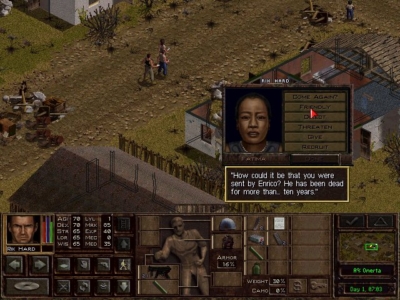
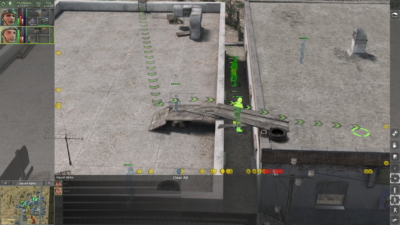
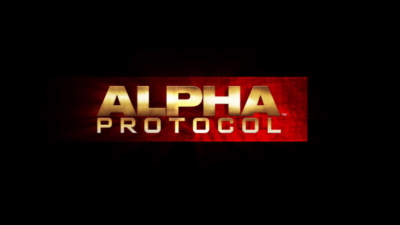
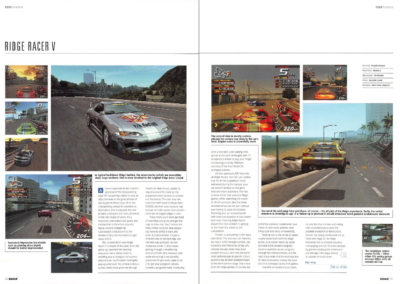
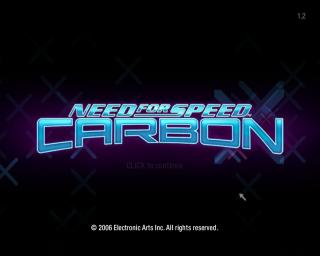



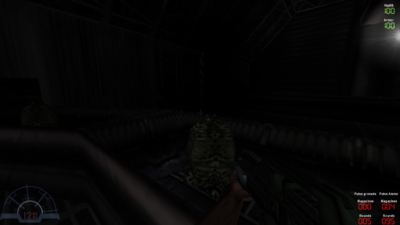
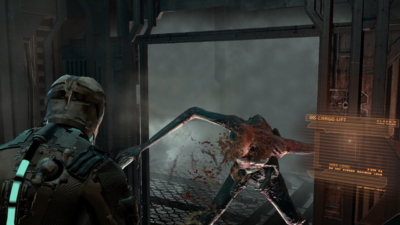


 Posts
Posts